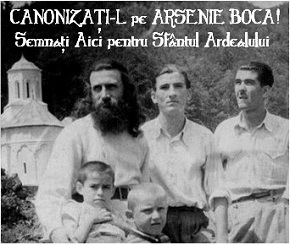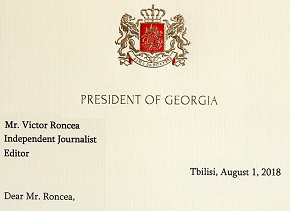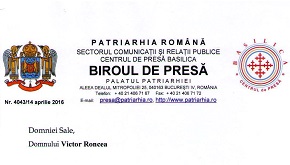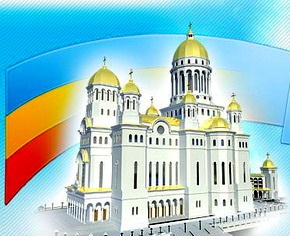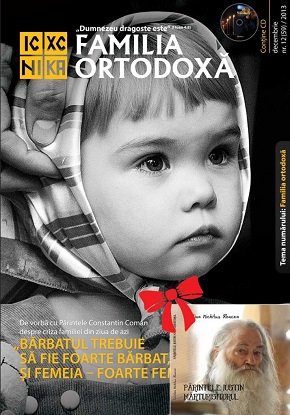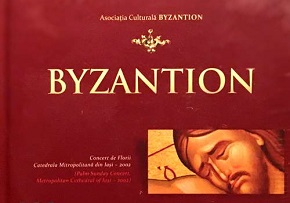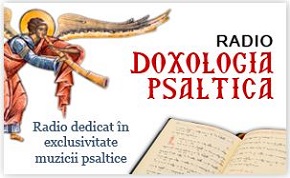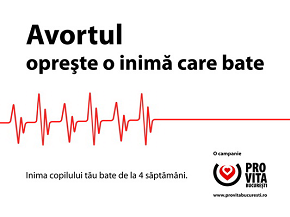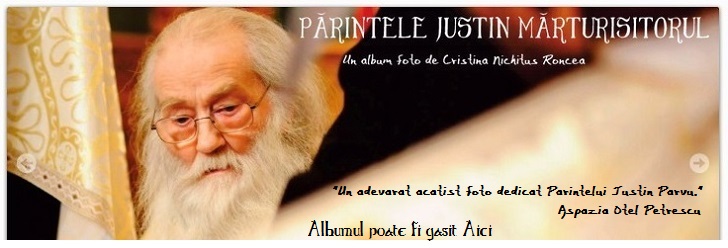Elvetienii au aprobat ieri, prin referendum, introducerea controversatului pasaport biometric, necesara conform acordurilor Schengen privind libera circulatie, intr-unul dintre scrutinurile cu cel mai strans rezultat din istoria Elvetiei.
Rezultatele oficiale finale indicau ca 50,14 la suta dintre alegatori s-au pronuntat in favoarea noului model de document de calatorie. Majoritatea cantoanelor elvetiene, inclusiv Berna, Geneva, Basel si Ticino, au votat insa impotriva.
Pasapoartele care au facut obiectul acestui scrutin popular prevad, ca si in Romania, introducerea fotografiilor electronice ale detinatorului, precum si amprentele acestuia, informeaza site-ul Swiss.info. Elvetia a decis sa organizeze acest referendum, in urma protestelor populare, desi legea privind introducerea pasapoartelor biometrice a fost deja adoptata de Parlament. Formatiunile politice de centru stanga care se opun noilor acte de calatorie afirma ca introducerea datelor biometrice reprezinta o amenintare la adresa securitatii si vietii private a cetatenilor. La randul lor, opozantii de dreapta ai pasapoartelor au avertizat ca noile acte de calatorie ameninta libertatea prin faptul ca ar putea permite statului sa se amestece in viata privata a elvetienilor. (L.P./ZIUA)
Passport vote wins majority and puzzles experts
Justice Minister Eveline Widmer-Schlumpf has welcomed voters’ approval of the new electronic passport and a central fingerprint register.
But the government came very close to losing Sunday’s ballot. Political analysts say the outcome reflects a widespread indecisiveness among the electorate and is the result of an alliance of sorts between conservative rural as well as centre-left urban opponents.
Final results show supporters with 5,500 votes more than opponents – making this one of the closest results in recent Swiss history.
Widmer-Schlumpf pledged to take seriously opponents’ concerns.
“We will do our best to ensure that personal data in the fingerprint register is secure,” she told a news conference on Sunday.
She said she was aware of the considerable but unspecified concerns among citizens about the state storing personal data.
Experts have warned of the danger of abuse of data registers and sensitive personal information by hackers and state agencies.
Widmer-Schlumpf said the new passport, equipped with an electronic chip containing a portrait picture and two fingerprints of the holder, would bring Swiss travel documents up to the highest level and speed up the passport procedure.
She added that the result would allow Switzerland to continue its cooperation with the European Union over security, visa policy and travel freedom.
Under a European single-border area treaty members, including Switzerland, must introduce so-called biometric passports by March 2010. The United States has also made such documents a prerequisite for visa-free entry into the country.
More than 50 countries have introduced biometric passports but Switzerland is one of the few European countries to store fingerprints in a central database.
« For once ideology and party politics did not play a major role. »Michael Hermann, Zurich University
Confidence
The justice minister dismissed allegations that the fingerprint register could be used for police investigations.
“The law rules out such misapplication. Any changes have to be approved by parliament.” She added the government would ensure that citizens in future have a choice between identity cards with and without chips.
The centre-right Radical and Christian Democratic Parties, as well as the business community said they were pleased with Sunday’s result.
Radical Party parliamentarian Ruedi Noser said he had confidence in the government.
What’s this?ReferendumSecurity concernsRightwing and centre-left parties which had campaigned against the electronic passport and the fingerprint register, called on the government to improve data protection.
“The extremely close result is a warning,” said Social Democratic parliamentarian Christian Levrat, while Ueli Leuenberger of the Green Party argued data protection is insufficient in an information society.
Lukas Reimann of the rightwing Swiss People’s Party said the outcome of the vote was disappointing, but he congratulated the youth chapters of political parties for winning almost 50 per cent of the vote.
Observers point out that for the first time in recent Swiss history the campaign ahead of the vote was conducted to a large extent over the internet.
A cross-party movement collected enough signatures online to challenge a parliamentary decision to a nationwide vote.
«
We will do our best to ensure that personal data in the fingerprint register is secure. »Justice Minister Eveline Widmer-Schlumpf
Unusual patternPolitical scientists have pointed out unusual voting patterns in Sunday’s ballot.
“Turnout was rather low and French-speaking Switzerland was slightly more opposed than the larger German-speaking part of the country,” noted Claude Longchamp, a political scientist and head of a leading polling institute.
He told public radio that the differences between urban and rural areas were also small.
“It is a sort of patchwork result, which needs a closer analysis,” he said.
In a similar vein, Michael Hermann of Zurich University said unlike previous votes there was no typical pattern.
“For once ideology and party politics did not play a major role,” he told swissinfo.ch.
Centre-left and rightwing conservative groups argued along the same lines, expressing concerns about new technologies and opposition against state control.
Hermann also noted that a majority – or at least surprisingly large minority – in traditionally Catholic regions had come out in favour of the biometric passport.
There was a high degree of uncertainty among voters and experts whether the new passports were secure, he said.
Urs Geiser, https://www.swissinfo.ch/

 Ion Varlam (foto dreapta), unul dintre fostii detinuti politic ai Romaniei din lotul celor mai tineri arestati si incarcerati de bolsevici, la numai 14 ani!, este revoltat de falsificarile pe banda care se petrec la ICCMER si CNSAS, dupa cum considera dansul, oferindu-ne si titlul unui interviu in exclusivitate, pe care il difuzam in serial, incepand de astazi: “Porcirea eroilor si eroizarea porcilor”. Nu scapa nimeni! De la “idiotul Badin” la “Zamfirica” aka Zamfirescu si “muratura” Muraru cu “boul etern” Oprea, pana la “suferinda” “tirista” a CC al PCR, Ana Blandiana.
Ion Varlam (foto dreapta), unul dintre fostii detinuti politic ai Romaniei din lotul celor mai tineri arestati si incarcerati de bolsevici, la numai 14 ani!, este revoltat de falsificarile pe banda care se petrec la ICCMER si CNSAS, dupa cum considera dansul, oferindu-ne si titlul unui interviu in exclusivitate, pe care il difuzam in serial, incepand de astazi: “Porcirea eroilor si eroizarea porcilor”. Nu scapa nimeni! De la “idiotul Badin” la “Zamfirica” aka Zamfirescu si “muratura” Muraru cu “boul etern” Oprea, pana la “suferinda” “tirista” a CC al PCR, Ana Blandiana.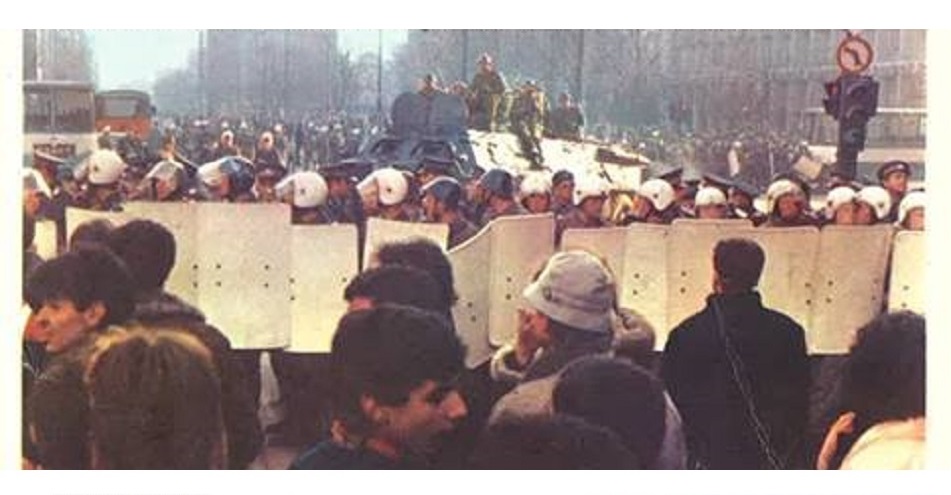
 March 3rd, 2014
March 3rd, 2014  VR
VR 
 Posted in
Posted in  Tags:
Tags: 






